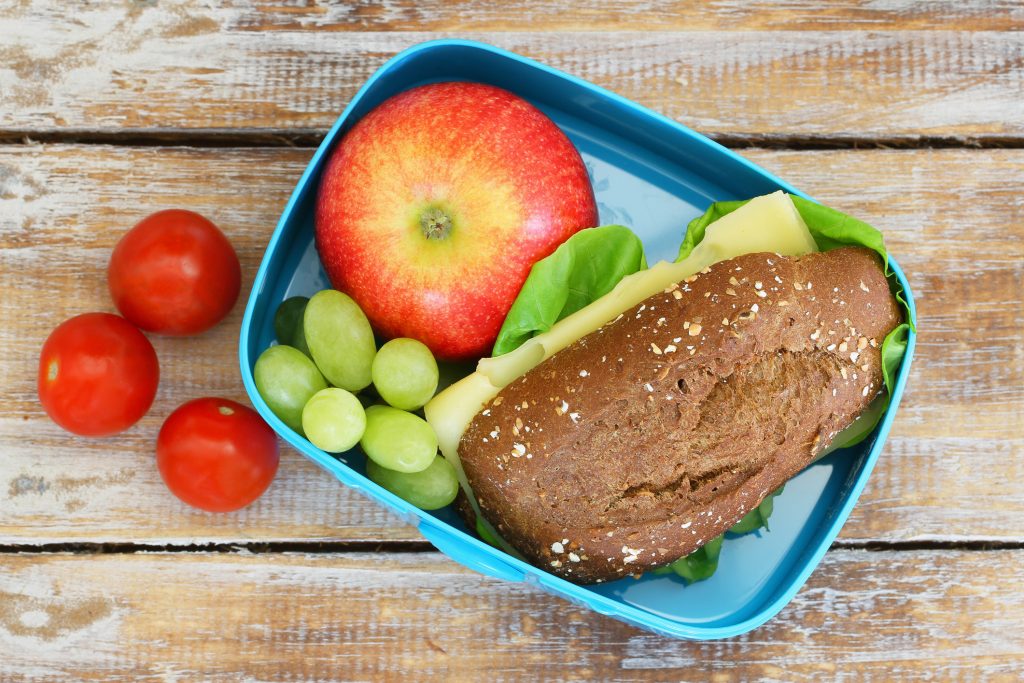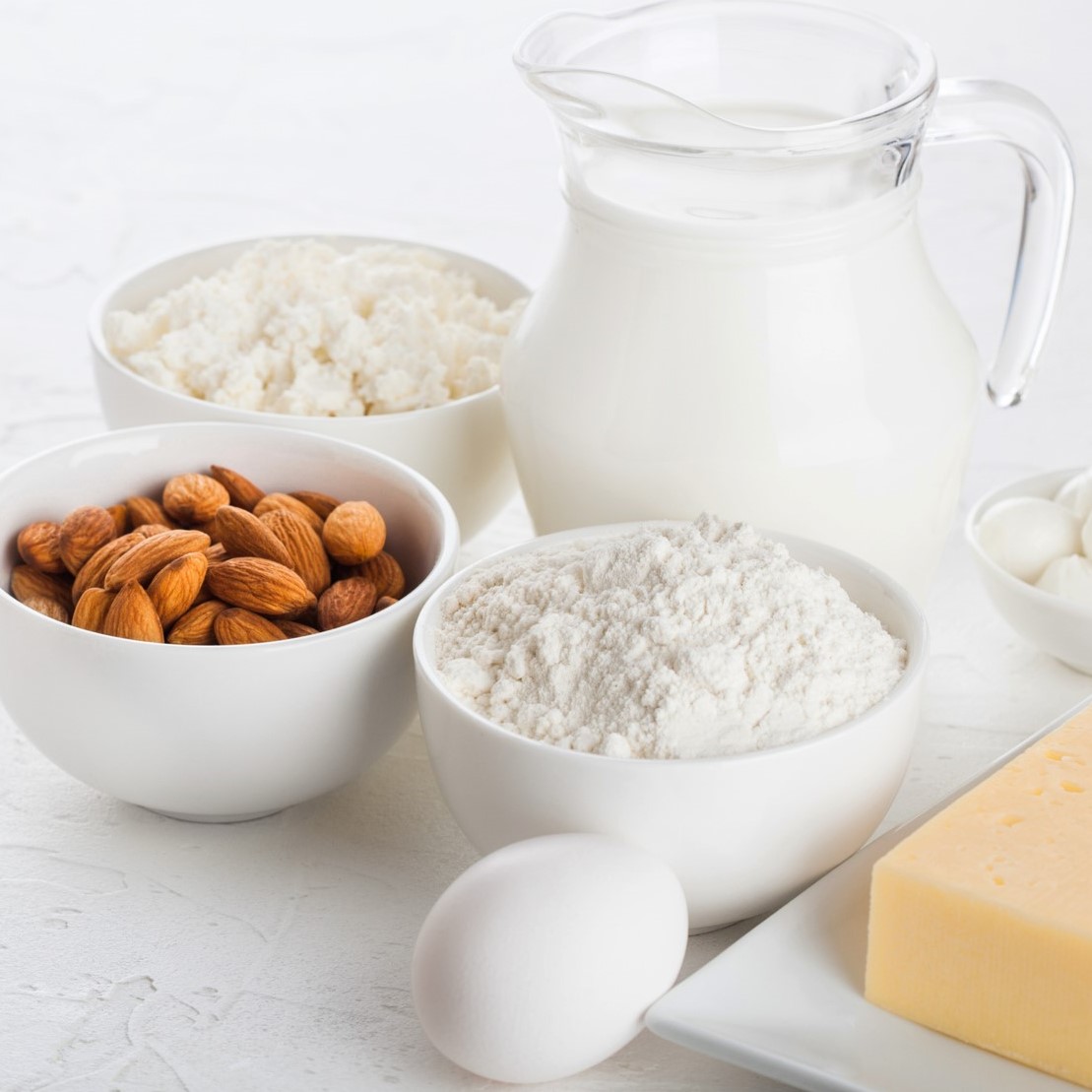- You can be allergic to any food, and you may even have allergies to several different foods.
- Education and awareness are very important in managing multiple food allergies.
A unique challenge for families
If you or your child have been diagnosed with more than one food allergy, you may feel overwhelmed at first. This is natural. The more you become informed about how to manage multiple food allergies, the more comfortable you’ll feel and the safer you or your child will be.
It’s not always easy, but your family can manage multiple food allergies and still do the things you love to do.
Daily living
Managing multiple food allergies often requires extra attention since there are more foods to avoid. Eating out, travelling, and ensuring schools have risk reduction measures in place may require more preparation.
5 tips for staying safe:

- Get to know the sources of all your allergens: which specific foods and which types of food to avoid.
- Be “allergy aware.” Since you will often be in spaces where your allergens are present, be sure to understand the importance of washing hands, avoiding cross-contamination, and not sharing food. Learn more about avoiding cross contamination.
- Plan ahead for travel and bring along some of your own food in case options are limited on the road.
- Find a support group in your community and attend conferences and events by Food Allergy Canada and other organizations.
- Always carry your auto-injector and know how to use it.
Explaining multiple food allergies
Some people have only heard of peanut and tree nut allergies, and may be unfamiliar with other food allergies. You will need to educate them about all of your allergens and the importance of taking all food allergies seriously.
Here are some tips:
- If you are a parent, explain calmly that your child carries an auto-injector and that each food allergy can trigger a reaction.
- For milk and wheat allergies, explain the difference between an allergy and an intolerance.
- Educational materials are very useful. You can print information about your allergens from our website and share them, or share the links.
- Invite friends and family to attend an awareness session, speaker or support group meeting with you.
- Have them take a free AllergyAware.ca course, and be sure to let them know that you appreciate their efforts.
- Not sure if an event will be allergy-friendly? Plan ahead. Bring your own food, volunteer to help at a party, or host extended-family holiday meals at your own home. Many people with multiple food allergies make a habit of carrying safe foods with them, just in case.
Building a team
It’s important to build a team — at school, work and within your family. Supportive friends and family can help others become more allergy-aware. Make sure that everyone in your life knows your allergies along with how, and when, to use the auto-injector.
- Our newly diagnosed section offers many practical tips and support for parents of children with food allergies, including information about communication, prevention and having an emergency plan.
- Our teens and young adults section has information and support for youth.

